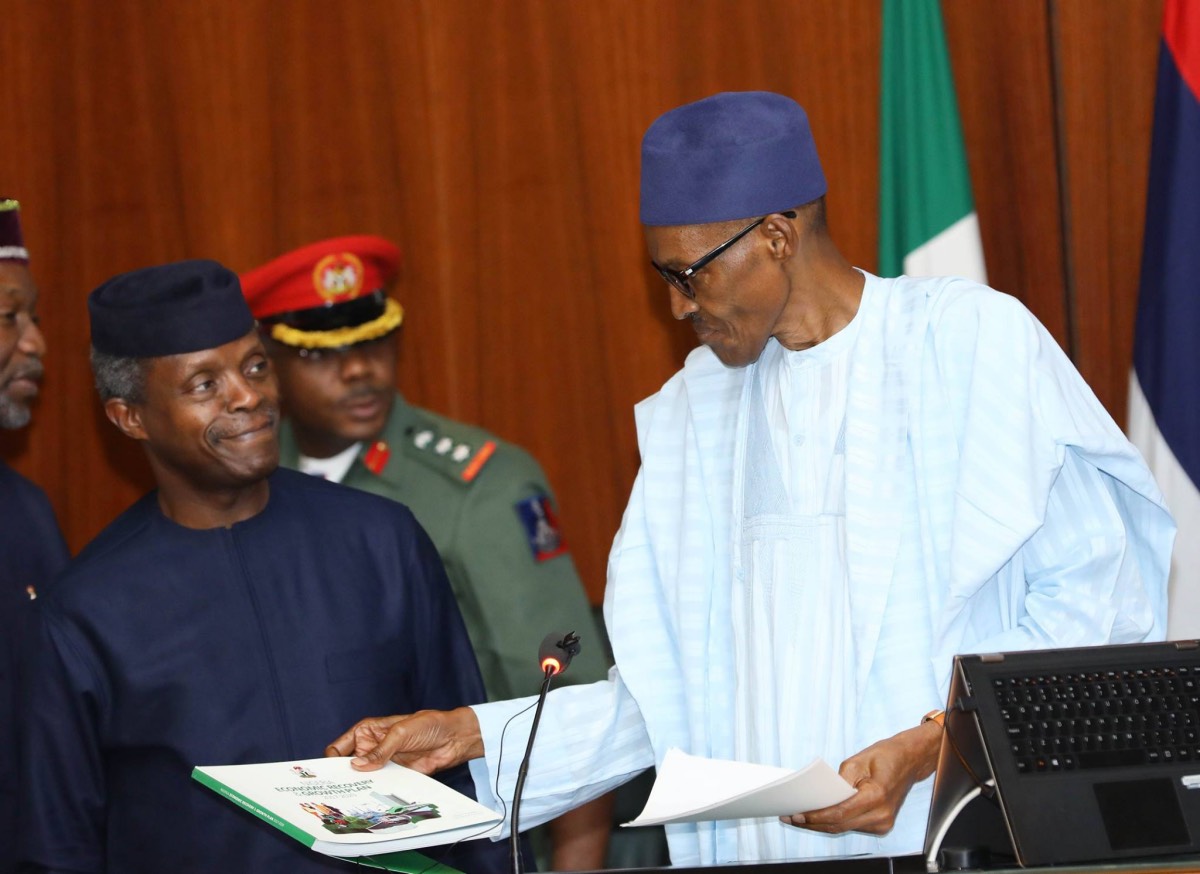LAGOS, Nigeria — As countless Nigerians struggle with escalating poverty and economic hardship, the country’s leadership, including President Major General Muhammadu Buhari (retd.), Vice President Yemi Osinbajo, state governors, and their deputies, have reportedly garnered an estimated N651.2 million in ‘hardship allowance’ over the past eight years, according to an investigation by The PUNCH.
The hardship allowance, amounting to 50 percent of the annual basic salary, is also enjoyed by the nation’s judges.
However, a Punch Newspaper investigation primarily focuses on the allowances allocated to the president, vice president, state governors, and their deputies.
Data obtained from the Revenue Mobilisation and Fiscal Allocation Commission website, RMAFC, on Thursday, May 11, 2023, revealed that President Buhari was entitled to N1.76 million annually as a hardship allowance.
This translates to an eight-year total of N14.08 million. Meanwhile, Vice President Osinbajo’s annual N1.52 million hardship allowance amounted to N12.16 million over the same period.
State governors each receive an annual hardship allowance of N1.11 million, and their deputies N1.06 million.
Over eight years, the total hardship allowance for the 36 state governors would have amounted to N319.68 million, with their deputies earning N305.28 million.
Critics argue that this financial windfall for the nation’s leaders starkly contrasts with the country’s rampant poverty and economic instability.
Labour unions have criticized the Buhari regime and state governors, accusing them of impoverishing workers and exacerbating hardships for Nigerians.
“The outgoing regime has inflicted heavy hardship and suffering on the Nigerian workers,” said Hakeem Ambali, National Treasurer of the Nigeria Labour Congress. “Under Buhari’s administration, just like every other successive administration, we have witnessed so many losses of jobs, insecurity, economic hardship and other calamities.”
The Ogun State chapter of the Trade Union Congress and Nigeria Union of Pensioners echoed these sentiments, highlighting the regime’s shortcomings in citizens’ welfare and wellbeing.
Amidst this crisis, the National Bureau of Statistics reported that about 133 million Nigerians live in poverty.
The International Human Rights Commission warns this could lead to unprecedented levels of hunger in the country, and a looming economic disaster if not urgently addressed.
“We are really in an economic crisis,” said Dr Duru Hezekiah, Ambassador at Large and Head of Diplomatic Missions of IHRC in Nigeria.
“And if it’s not checked, I tell you, the time is coming when Nigeria will be declared a ‘hunger country.'”
Despite the grim situation, the Minister of Labour and Employment, Chris Ngige, recently stated that Nigerians will adjust to the economic hardships.
However, the stark contrast between the hardship allowance for Nigeria’s leaders and the economic reality faced by its citizens suggests the need for a more equitable distribution of the nation’s resources.







